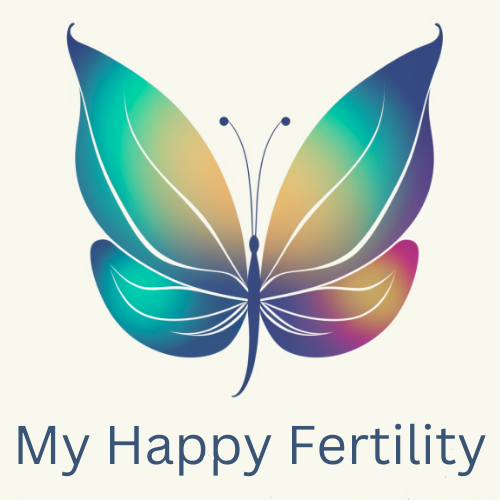Introduction:
Uterine fibroids are noncancerous growths that develop in or on the uterus, and while they are common and often symptomless, they can sometimes impact fertility. This article aims to provide a deep dive into the world of uterine fibroids, exploring how they can affect a woman’s ability to conceive and sustain a pregnancy. We’ll discuss the types of fibroids, their symptoms, how they influence fertility, and the treatment options available. Our goal is to offer engaging, informative, and evidence-based insights to empower those facing fertility challenges due to uterine fibroids.
Understanding Uterine Fibroids
Uterine fibroids, also known as leiomyomas or myomas, are typically benign tumors that form in the muscle tissue of the uterus. They vary greatly in size, number, and location, and can be classified into several types based on where they grow. Intramural fibroids develop within the uterine wall, subserosal fibroids extend outside the uterus, and submucosal fibroids protrude into the uterine cavity. The symptoms and fertility impact of fibroids largely depend on these factors.
How Fibroids Affect Fertility
While many women with fibroids experience no fertility issues, certain fibroids can make it more difficult to conceive or carry a pregnancy to term. Submucosal fibroids, in particular, can alter the shape of the uterine cavity or block the fallopian tubes, impacting egg fertilization and implantation. Fibroids can also interfere with blood flow to the uterus, affecting the ability to sustain a pregnancy. Understanding these implications is crucial for women planning a pregnancy.
Diagnosis and Monitoring
Diagnosing uterine fibroids typically involves a pelvic exam, ultrasound, or advanced imaging techniques like MRI. These methods help in determining the size, number, and location of fibroids. Regular monitoring is often recommended to track fibroid growth, especially for women experiencing symptoms or those who are trying to conceive.
Treatment Options and Fertility Preservation
Treatment for uterine fibroids depends on the severity of symptoms, the fibroids’ impact on fertility, and the woman’s reproductive goals. Options range from medication to manage symptoms to surgical procedures like myomectomy, which removes fibroids while preserving the uterus. For women facing fertility issues due to fibroids, assisted reproductive technologies such as IVF may be considered.
Conclusion
Uterine fibroids can pose challenges to fertility, but understanding their nature and impact enables better management and treatment decisions. If you’re navigating the complex journey of fertility with uterine fibroids, know that there are pathways to parenthood open to you. Eileen, a fertility coach and yoga teacher, can provide you with personalized support and guidance, helping you understand your options and make informed choices about your reproductive health.






